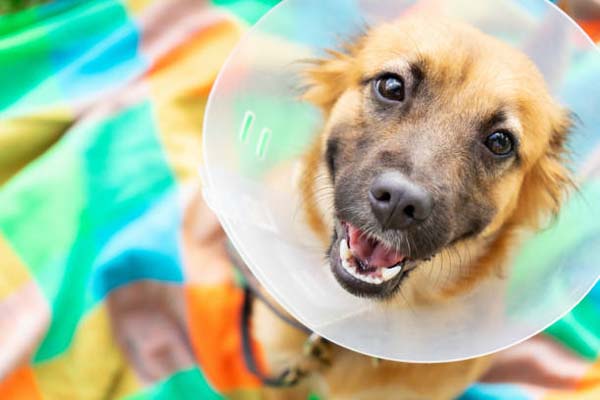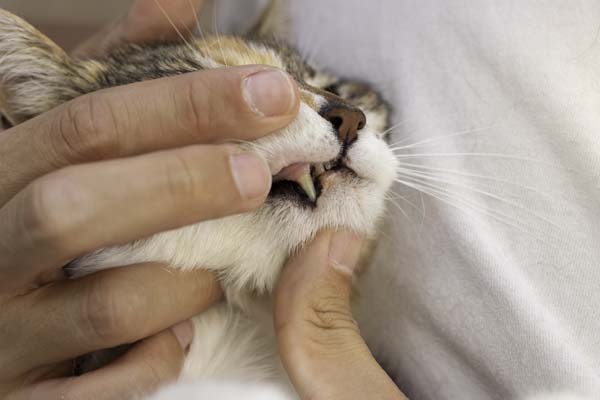

Surgery & Dental Care at Seneca Animal Hospital
Routine surgical procedures offered include:
- Spay & Neuter Surgery
- Mass & Tumor Removals
Dental procedures offered include:
- Teeth Cleaning & Polishing
- Dental X-Rays
- Tooth Extractions
Specialty surgical procedures include:
- Cruciate Ligament (CCL) Repair*
- Fracture Repairs*
- Femoral Head Ostectomy (FHO)*
- Gastrointestinal Exploratory
- Limb Amputation*
- Gastropexy
- Rectal Prolapse Repair*
- Entropion Surgery
*Orthopedic or advanced procedures may be referred to Upstate Vet or performed by Palmetto Veterinary Specialist
Spay & Neuter Services at Seneca Animal Hospital
Having your dog or cat spayed or neutered is one of the best preventive health procedures you can choose for your pet. Spay and neuter procedures are routine and safe surgeries with a relatively quick recovery time. The spaying procedure removes the reproductive organs of females and the testicles of males.
Common Surgery Questions
What to know before bringing your pet for a surgical procedure:
Pets should not be fed after 8 p.m. the evening prior to the scheduled procedure. Water is acceptable to offer at all times. Please note that an overnight fast may not be recommended for every pet, especially diabetic and exotic pets. Instructions for fasting are typically given when the procedure is scheduled, however, please call us if you are unsure.
Why spay or neuter my pet?
Every year in the United States, millions of healthy cats and dogs are euthanized due to the high population of homeless pets. Animal shelters are regularly overwhelmed with pets, and if unable to find homes for all of them, euthanasia is, unfortunately, a common outcome. Having your pet spayed or neutered helps to lessen the number of abandoned and homeless animals on the streets and in shelters. Additionally, there are several medical benefits to spaying and neutering your pet.
For female animals, the process is called spaying. Benefits can include:
- Zero or minimal number of heat cycles
- Elimination of unwanted behaviors such as howling and crying behavior during a heat cycle
- Reduction in risk of reproductive organ and breast cancers as well as urinary tract infections
For male animals, the process is called neutering. Benefits can include:
- Elimination or reduction of unwanted behaviors such as aggression, roaming, and urine marking
- Reduction of risk of testicular cancer and prostate diseases
When should I spay or neuter my pet?
When should I spay or neuter my pet?
The surgery is usually performed between six to sixteen months of age for dogs and after six months of age for cats. However, each pet’s needs are different and other factors may be considered by your veterinarian to determine the best time to have the procedure performed.
To inquire about our surgical procedures, including cost, scheduling, or other questions, please contact us here!
Medical Services
Below are all of the medical services we offer at Seneca Animal Hospital. If you have any questions regarding our services, please feel free to call us.
